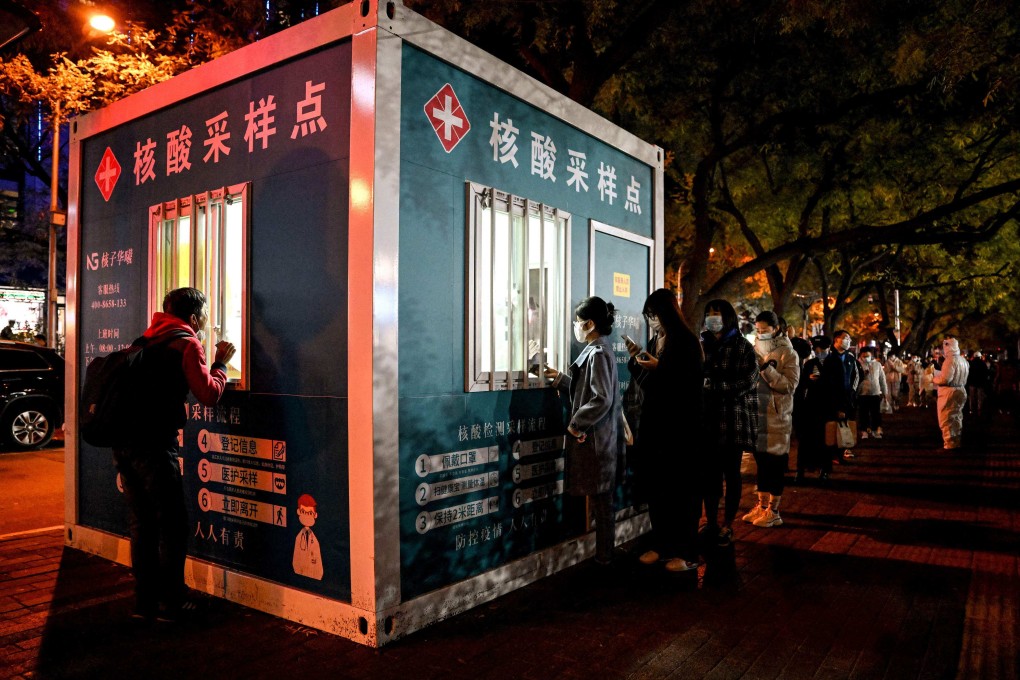China warns cities against rushing to ease Covid-19 response
- Local governments must use testing ‘scientifically’ as Beijing prepares to strengthen ICU capacity in designated hospitals
- Surge in infections continues in several areas, with new cases almost doubling since some easing was announced last week

National Health Commission spokesman Mi Feng told a press briefing on Thursday: “[We must] continue to rectify the practice of excessive measures such as lockdowns and oppose the irresponsibility of evading a solution by loosening up”.
At the same briefing, plans were unveiled to build stronger capacity to handle severe cases in designated Covid-19 hospitals, a sign that China is preparing for worse waves of infections ahead. The strengthened hospitals could also potentially play a major role in the country’s pivot away from zero-Covid.
“The designated hospitals are required to allocate sufficient beds for treatment according to the size of the local population, while the construction of intensive care units, or ICUs, should be strengthened, and the number of ICU beds should reach 10 per cent of the total number of beds,” said National Health Commission official Guo Yanhong.
Guo said more fever clinics should also be built for the early detection of cases.
The State Council announced 20 measures on Friday to ease Covid-19 restrictions, leading to a stock market rally anticipating China’s abandonment of its strict Covid-19 response.